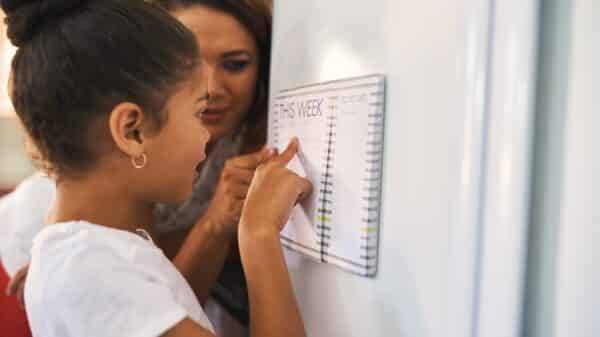There’s a strong chance you’ve caught wind of the escalating discussions regarding declining birth rates. From politicians to tech moguls, it seems the worry has become a talking point worth attention. Consider Donald Trump, who cheekily dubbed himself the “fertilization president.” He even rolled out a (mostly symbolic) executive order aimed at expanding access to IVF and floated the idea of a $5,000 “baby bonus” for prospective parents. Such bold statements might give the impression that the sky is falling when it comes to population growth.
At a recent March for Life rally, JD Vance amplified this sentiment, fervently declaring, “I want more babies in the United States of America.” It’s a passionate stance that’s echoed by Elon Musk, the father of 14, who has tweeted that “population collapse due to low birth rates is a much bigger risk to civilization than global warming.” With sentiments like these swirling around, you might expect that Americans share these worries, too.
Yet, a recent survey by the Associated Press-NORC Center for Public Affairs Research reveals a stark contrast. Many everyday Americans don’t share this level of concern. Instead, they seem to prioritize other issues affecting child-rearing.
The term “pronatalism” pops up in these discussions, but it can feel a bit nebulous. At its core, pronatalism promotes the idea that populations should reproduce more. But the reasons behind this push can be quite diverse and sometimes troubling. For some, it’s simply about increasing birth rates. For others, particularly among certain political and religious circles, it can be intertwined with more contentious ideologies rooted in sexism, racism, and even eugenics.
However, it appears that for most Americans—regardless of their political leanings—declining birth rates aren’t at the forefront of their minds. In fact, the AP-NORC survey of nearly 1,200 participants found that only about 28% viewed declining birth rates as a “major problem.” Shockingly few, just 12%, believe that addressing this issue should take precedence for federal policymakers.
Interestingly, while those identifying as Independents and Republicans expressed a bit more alarm over birth rates—42% rating it as a high or moderate priority—62% of respondents felt it was a low priority overall. Among Democrats, this concern was even less pronounced, with 69% indicating it didn’t register as a significant issue.
When diving deeper into the survey results, it’s compelling to note what actually keeps parents up at night. Respondents indicated far greater concerns over the staggering costs of childcare (76%), the expenses associated with IVF (41%), and health risks tied to childbirth (39%). It’s important to recognize that the urgency of these issues often varies by political affiliation and gender.
When it comes to the government’s role, the consensus seems to lean toward enhancing health outcomes for pregnant women, easing the financial burden of childcare, and providing support for parents who want to take time off work.
In light of current realities, particularly with the Department of Labor highlighting the exorbitant cost of childcare—often described as “almost prohibitive,” with expenses ranging from $6,500 to nearly $16,000 annually per child—it’s no wonder these issues resonate more deeply. Additionally, the U.S. holds the unfortunate distinction of having the highest maternal and infant mortality rates among wealthy countries.
Considering all of this, perhaps a better approach would be to focus on uplifting and supporting the children who have already arrived into this world, rather than fretting over the hypothetical babies who aren’t coming yet. After all, when parents feel more secure about their child’s health and future, they may just feel more confident about expanding their family. It’s about creating an environment where raising kids is not just a hope but a reality that parents can afford and embrace fully.
Image Source: Unsplash



































